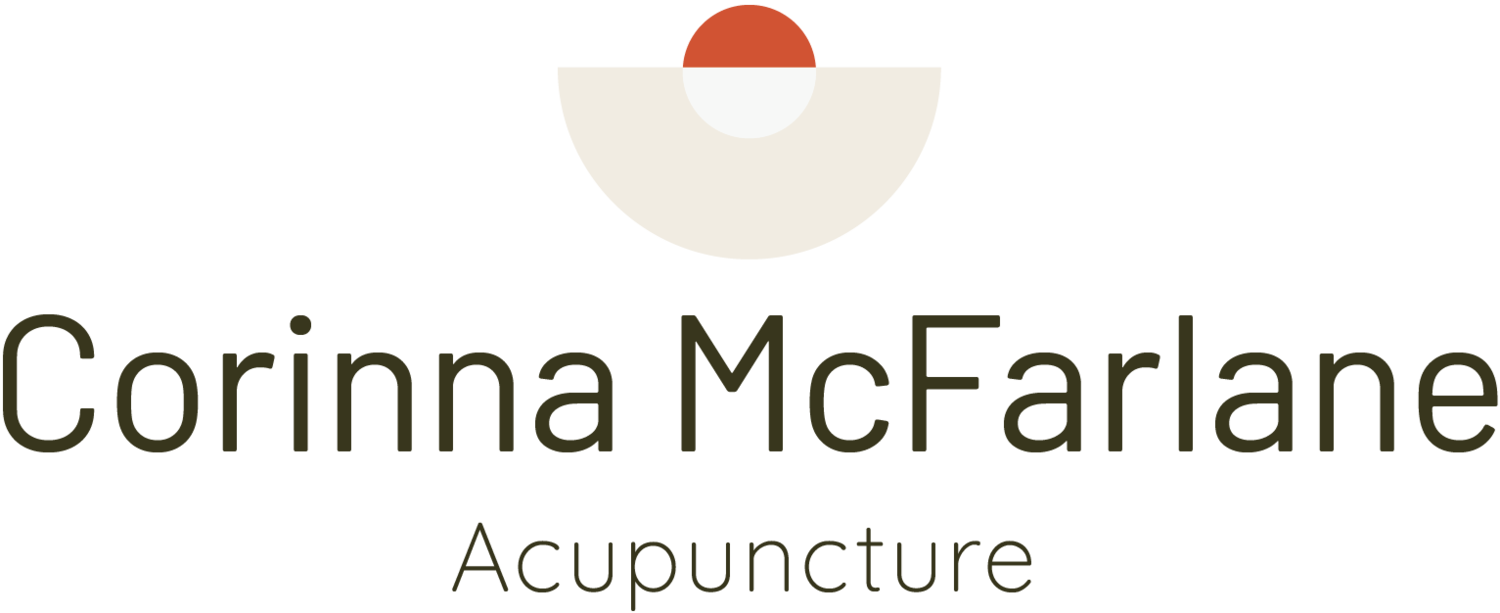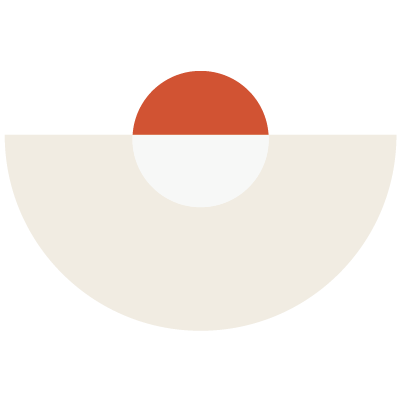Acupuncture 101
In the hands of a skilled practitioner Acupuncture is a powerful tool which can regulate our nervous system by stimulating neurophysiological mechanisms.
How does Acupuncture work?
Acupuncture stimulates the central nervous system, which in turn triggers the release of chemicals into the muscles, spinal cord, and brain. These biochemical changes boost the body’s innate ability to heal and to promote physical and emotional well-being.
It is known for its ability to reduce inflammation and soft tissue/muscle irritation, trigger endorphins release, regulate blood flow and modulate pain signals to the brain. It serves as a friendly messenger to help the body heal.
Does Acupuncture hurt?
You will feel a slight pinch with the insertion of the needles. Some patients will feel a sense of pressure, a heaviness, or an ache around the needle. Most feel an immediate relaxation and euphoria. My top priority is to help patients feel at ease. We work together within your comfort zone.
Where do the needles go?
This all depends on your complaint. There are a multitude of Acupuncture point prescriptions. My job is to chose which one will be the most effective for your condition, and to modify it as needed. We will always discuss the treatment plan and needle placement prior to treatment.
How many treatments will I need?
This will be discussed at your initial visit.
I like to begin with one treatment session (particularly if you are new to Acupuncture) and see if it is a suitable form of treatment for you. Then I typically suggest a series of 6 treatment sessions, either 1x weekly or 2x weekly which will determine your response to treatment. At this point we will reassess your progress and design a treatment plan moving forward. A general rule of thumb is that chronic conditions will require a greater number of treatments than acute ones.
Can I get other forms of treatment while I am receiving Acupuncture?
Many of my patients use various forms of therapy to resolve their health issues. There is no contraindication for combining Acupuncture with other modalities. In fact, Acupuncture done prior to manual therapy (RMT, Physiotherapy, Chiropractic etc.) can facilitate the ease with which manual therapists can make adjustments. Likewise, Acupuncture enhances the effect of most medication because of its hemodynamic properties and effect on the central nervous system. That being said, I recommend that patients only receive one type of treatment a day, so as not to become too fatigued. It’s a good idea to spread the love around!
What does Acupuncture Treat?
Acupuncture has shown to successfully treat conditions ranging from musculoskeletal problems to nausea, migraine headache, anxiety, depression, insomnia, and infertility.
According to the National Institute of Health (NIH) studies have shown that Acupuncture is an effective treatment, alone or in combination with conventional therapies, for the following:
Nausea caused by surgical anesthesia and cancer chemotherapy
Dental pain
Addiction
Headaches
Menstrual cramps
Tennis elbow
Fibromyalgia
Myofascial pain
Osteoarthritis
Low back pain
Carpal Tunnel syndrome
Asthma
Stroke rehabilitation
In addition, during my 20+ years in practice I have seen Acupuncture benefit the following conditions:
Osteoarthritis
Back pain
Neck pain
Whiplash
Sciatica
Tendonitis
Repetitive strain
Tension headaches and migraines
Frozen shoulder
Piriformis syndrome
Pre and post-operative surgical rehab



